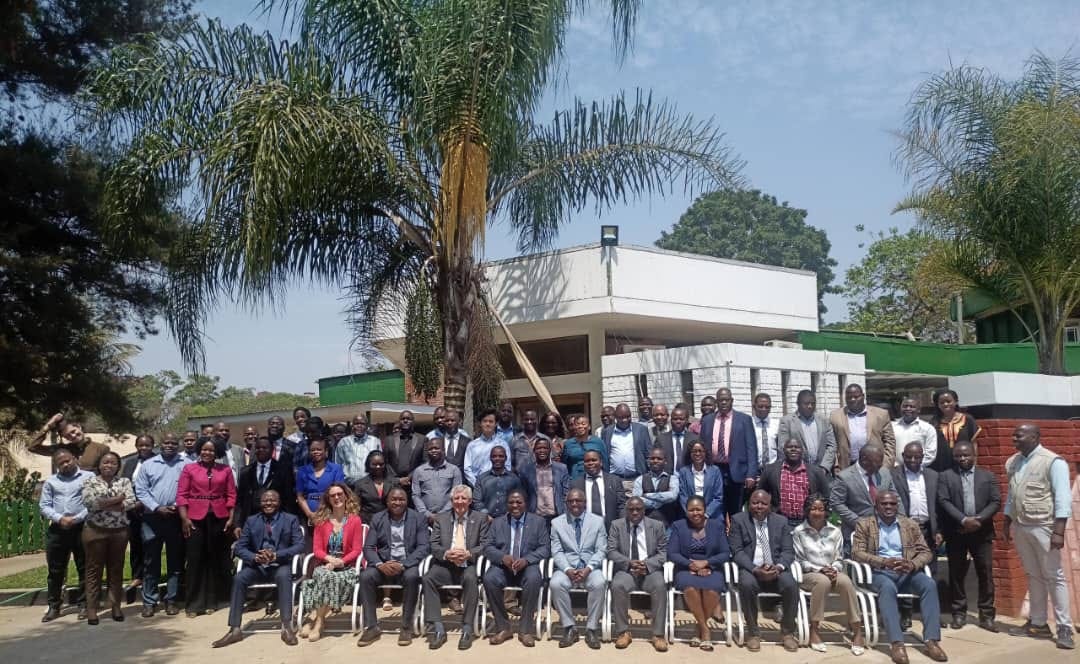Malawi Launches Value Chain Project for Cowpeas, Sesame and Sorghum
Agriculture generates over 80% of Malawi's national export earnings, with tobacco as the major export crop and maize as the key food crop.
LILONGWE, Malawi — The Malawi government, in partnership with the World Food Programme (WFP) and Lilongwe University of Agriculture and Natural Resources (LUANAR), launched a project to develop value chains for cowpeas, sesame, and sorghum, writes Esther Banda.
The initiative, unveiled at an inception meeting on Oct. 10, 2024, aims to transform agricultural practices and align with the country's Malawi 2063 development blueprint.
Paul Turnbull, WFP Country Director in Malawi, stressed the importance of collaboration.
"Agriculture is key to building a strong economy and reducing poverty," Turnbull said.
"This project is about empowering people, using climate-smart practices, and helping Malawians build sustainable livelihoods."
Prof. Emmanuel Kaunda, LUANAR Vice Chancellor, highlighted the crops' export potential.
"These crops have a high potential for generating foreign currency because of their readily available global export market," Kaunda said.
Dr. Innocent Pangapanga, Director of LUANAR's Center for Agriculture Research and Development, promised a report by mid-December 2024.
"Cowpeas, sesame, and sorghum are highly demanded internationally," Pangapanga said. "Complementing these crops with tobacco, the country will be able to generate more forex."
Dr. Alfred Mwenifumbo, Controller of Agriculture Extension and Technical Services, emphasized the project's alignment with national goals.
"The change that we all desire starts today with active engagement by everybody," Mwenifumbo said.
Agriculture generates over 80% of Malawi's national export earnings, with tobacco as the major export crop and maize as the key food crop.



